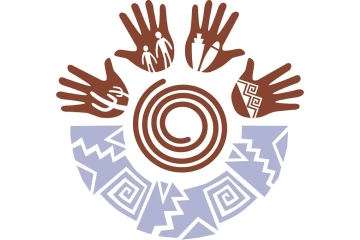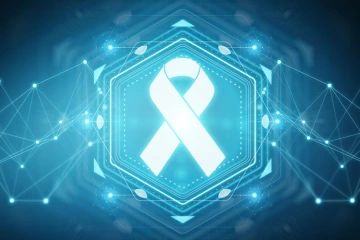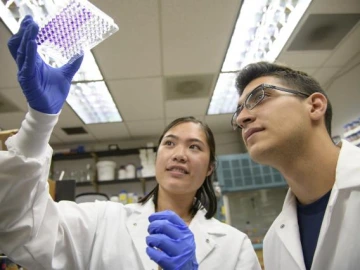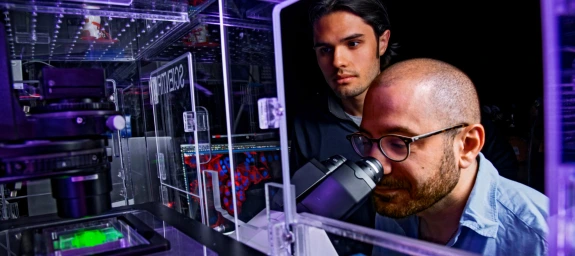
Research
Hundreds of doctors, scientists, postdoctoral fellows, graduate students, undergraduate students and technicians work in more than 70 research laboratories in the University of Arizona Cancer Center. Armed with test tubes, cancer cells, computers and tumor models, they search for the missing pieces of the cancer puzzle in their efforts to prevent and cure cancer.
Cancer Biology
The research done in the Cancer Biology Program has one primary focus: to discover and understand how cancer works at the most fundamental levels in order to devise approaches to cure and prevent it.
Cancer Prevention & Control
The Cancer Prevention and Control Program (CPC) is a longstanding component of the University of Arizona Cancer Center that is characterized by its highly collaborative, multidisciplinary team science designed to reduce cancer rates and related burden.
CLINICAL & TRANSLATIONAL ONCOLOGY
The Clinical and Translational Oncology Program (CTOP) develops mechanistic investigator-initiated trials for translation or reverse translation, and conducts clinical trials testing the efficacy of new or repurposed therapies. It also discovers and optimizes new agents, biomarkers and imaging modalities for therapeutic translation.
Collaborative Research
The only National Cancer Institute-designated Comprehensive Cancer Center headquartered in the state of Arizona.
Bringing promising new therapies from the laboratory to the bedside is a high priority. The clinician scientists of The University of Arizona Cancer Center are engaged in more than 200 clinical trials, investigating a broad spectrum of new diagnostic, prevention and treatment strategies.
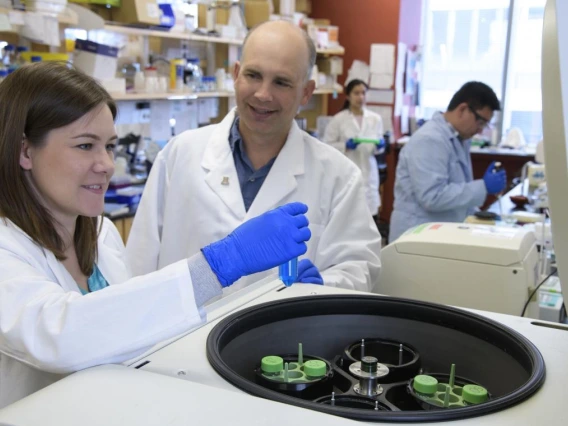
The University of Arizona Cancer Center is the only National Cancer Institute-designated Comprehensive Cancer Center headquartered in the state of Arizona. Bringing promising new therapies from the laboratory to the bedside is a high priority.
The clinician scientists of The University of Arizona Cancer Center are engaged in more than 200 clinical trials, investigating a broad spectrum of new diagnostic, prevention and treatment strategies. We strive to provide high quality care and ensure both scientific integrity and ethical conduct in all clinical trials.
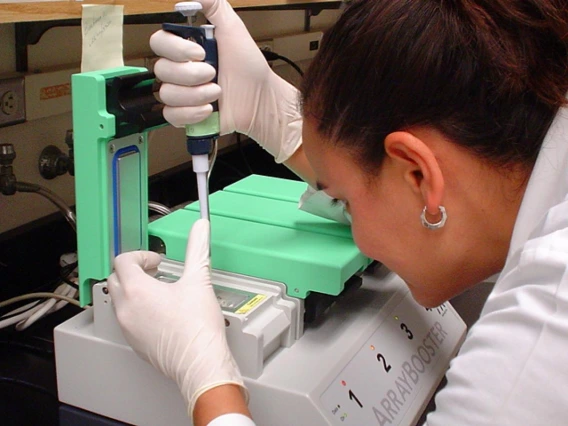
The University of Arizona Cancer Center supports six Shared Resources funded by the Cancer Center Support Grant and four other resources funded by other sources, intended to provide access to technology that enhances the research productivity of the Cancer Center and provides a basis for scientific interaction and consultation, as well as access to services that facilitate the research and strengthen the administrative and organizational cohesion of the center.




